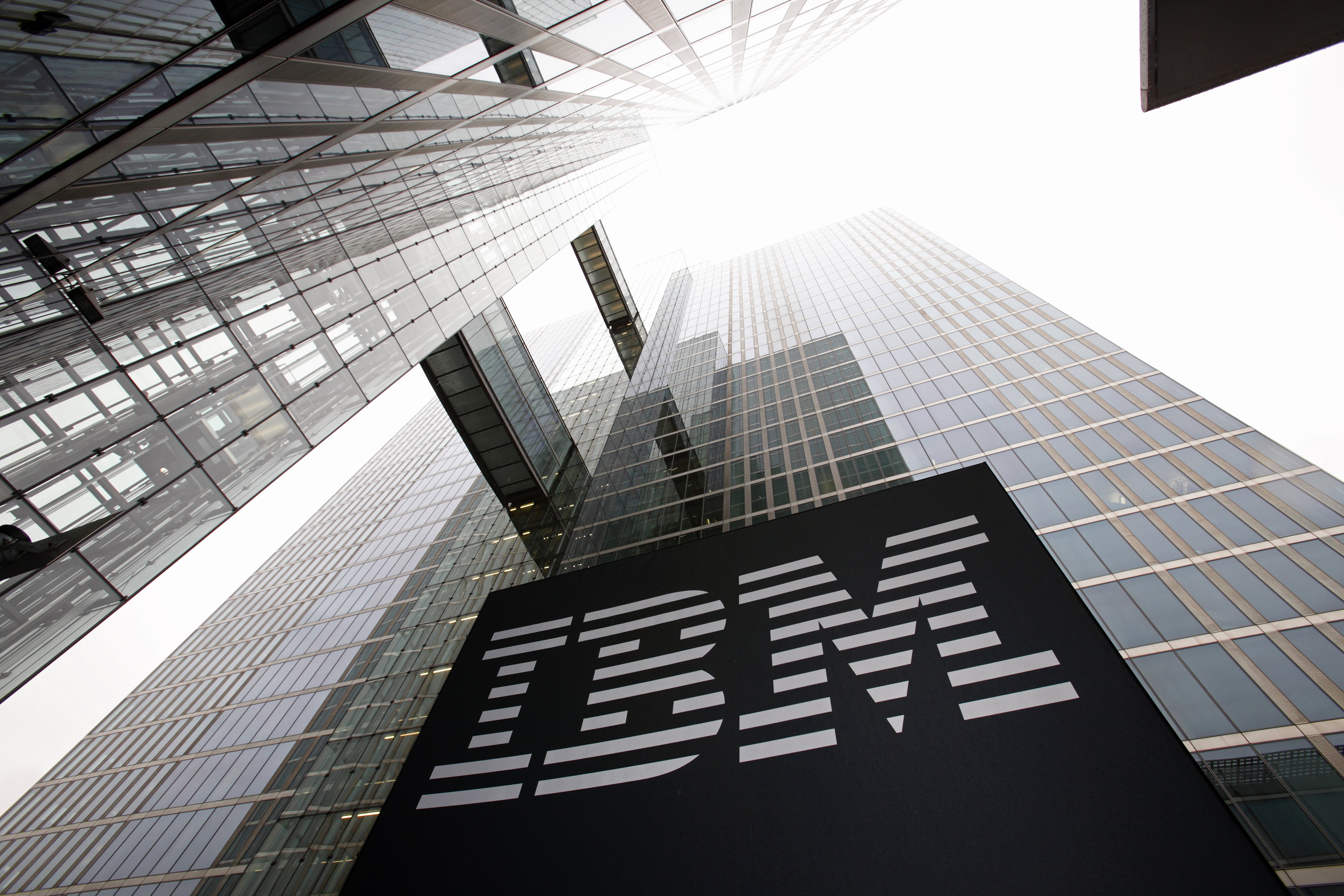The hospitality industry has always been associated with providing luxury and comfort to customers staying at hotels. However, with changing times, the industry has faced significant disruption in the form of COVID-19. Hoteliers have had to experiment with new ways of operating such as remote check-ins, contactless payments, and sanitization procedures to support social distancing protocols. Amidst these changes, the Internet of Things (IoT) technology has emerged as a key enabler for modernizing building management systems in the hospitality sector.

What is IoT?
IoT refers to the interconnectivity of devices, sensors, and systems that enables data exchange between them. In other words, IoT networks enable "smart" devices and systems to communicate with each other and with humans, generating data that can be analyzed to reveal insights and drive action. The technology combines hardware, software, and data analytics to unlock operational efficiencies, automate decision-making, and enhance the customer experience.
How IoT is Transforming Buildings and Facilities Management
Managing a hotel's operations involves supervising several distinct systems, ranging from HVAC (Heating, Ventilation and Air Conditioning), lighting, and security to occupancy sensors and energy management. Given the vastness of hotel properties, tracking and managing these systems can be a daunting task. However, with IoT, hoteliers can monitor and manage all their building systems from a single platform, allowing them to detect faults, track performance, and reduce energy costs.
For instance, IoT sensors can be deployed to track occupancy levels in different rooms, helping the Hotel staff to understand the usage patterns in each area of the property. This is ideal for optimizing HVAC usage, where unnecessary use of air conditioning or heating can be avoided. With AI-powered occupancy sensors, hoteliers can divert resources to areas that need it the most.
Smart lighting systems are another example of how IoT is transforming the hotel industry. By deploying connected LED bulbs with built-in sensors, hoteliers can monitor energy usage and adjust the lighting according to occupancy patterns. This is ideal for reducing energy consumption significantly, thus reducing costs and emissions. For example, lighting in public areas like lobbies and corridors can remain dim unless someone is present, reducing the energy used on lights that no one will benefit from.
Enhancing Customer Experience with IoT
One of the most promising applications of IoT in the hotel industry is the ability to enhance the customer experience. With IoT, hoteliers can capture data from various systems, such as booking history, room preferences, and customer feedback. This information can be used to create personalized experiences for customers. By gathering data from smart thermostats, hoteliers can notice that some guests prefer a warmer or cooler room temperature range. They can then set these preferences in advance, offering an added layer of convenience and comfort for the guests.
In conclusion, the Internet of Things is already changing the way hotels are managed and operated. IoT technologies are empowering hoteliers to improve their operational efficiency, environmental performance, and customer experience. As the concept of "smart hotels" gains momentum, IoT will continue to play a crucial role in managing hotels and providing guests with a comfortable and personalized experience. Students looking to pursue a career in the hospitality industry should consider learning about IoT and its applications.